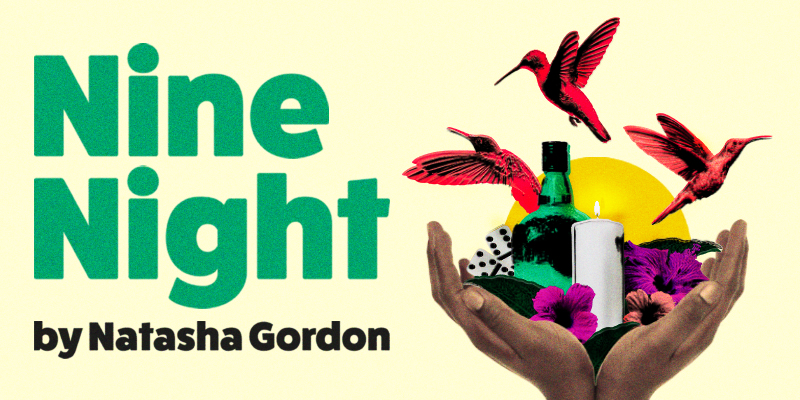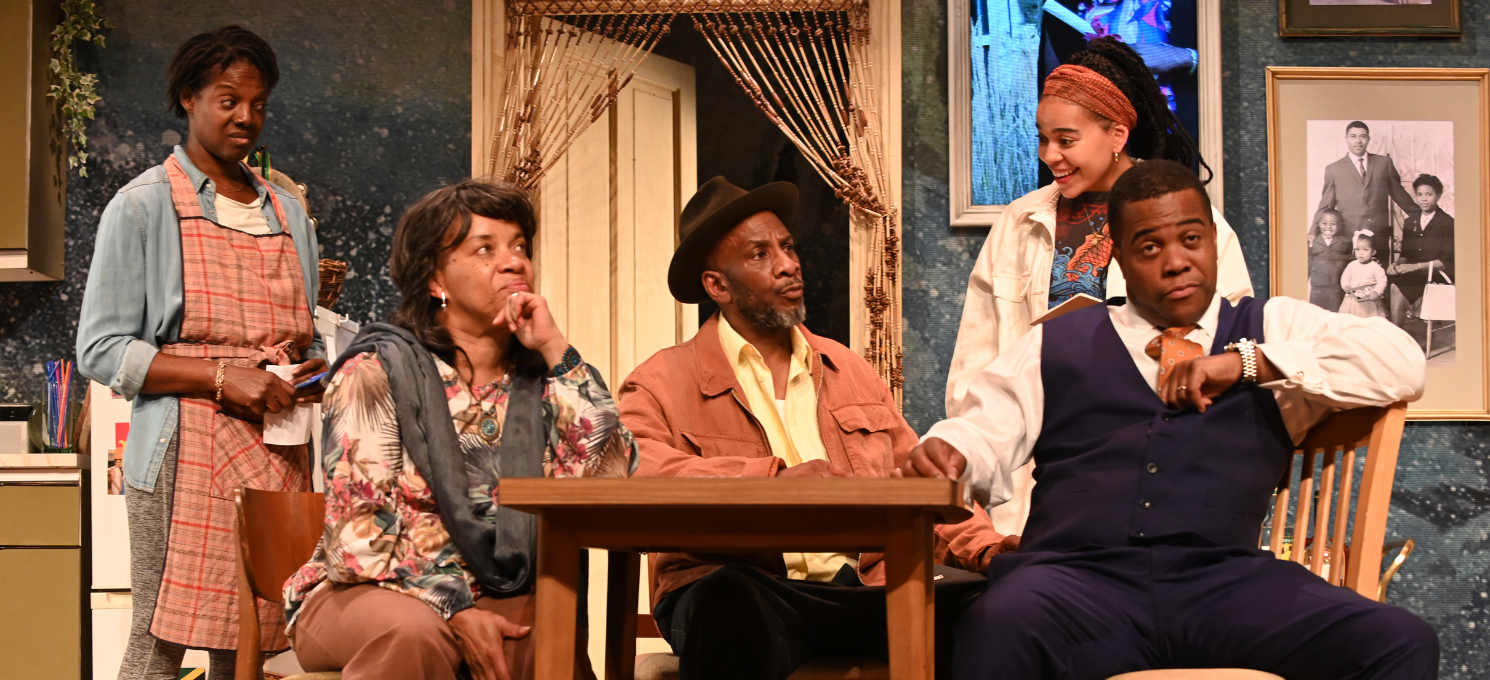
Review: Nine Night
Four years after its West End debut, a new production uncovers a Jamaican mourning ritual as a British-Jamaican family lose their matriarch and commemorate her life with nine nights of both remembrance and celebration.
They say that death can bring the living together, but this one-set, one-act play focuses more on familial conflict, and especially intergenerational tension. Strongly-held traditions, eccentricity and Jamaican patois – honed through a dedicated dialect coach – characterise the older, Windrush generation. Meanwhile, the younger generation features liberalism and inter-racial relationships.
The play’s homely setting, rooted firmly in the private sphere, literally lifts the curtain on intergenerational conflict that would have otherwise gone unnoticed behind doors. Gordon’s writing confronts the two generations’ different experiences and interpretations of racism and colourism head on, leading to some shocking moments when the audience audibly gasped.
In terms of the character development, the larger-than-life older generation has proved controversial among some critics. One reviewer argued that Aunt Maggie is reduced to a “figure of fun”. Yet, I felt that this humour provided much-needed light relief to the sorrowful subject matter. More problematic was the one-dimensional characterisation of the avaricious grandson. In general though, Gordon’s script shows nuance that avoids a lazy polarisation of the two generations. A key sibling rivalry demonstrated the rather obvious but important fact there are many diverse views within the same generation. Equally, the granddaughter’s closeness with her dying grandmother provides a key cross-generational relationship. The fact that the grandmother was an entirely mute and off-stage character left the impression that this dynamic could have been much more fully explored.

Though the play was dialogue-heavy, music and dance, central components of the nine-day wake, were the most memorable parts of the performance. From the four non-speaking minor characters whose roles consisted solely of dancing from one stage door to another, to Uncle Vince’s solo twerking performance, the director, Amanda Huxtable, took full advantage of Jamaican’s rich history of ska, reggae and jungle. Attendees sang along to Aunt Trudy’s acapella rendition of a traditional folk song which led to a palpable sense of synergy between the cast and audience, also demonstrated when some members of the audience finished Uncle Vince’s line of the popular Jamaican saying, “hang yuh basket whe’ yuh han’ can reach it.” Leeds residents welcomed this production of Nine Night and its vast majority Black cast and production team as part of Jamaica Society Leeds’ Out of Many Festival – celebrating sixty years of Jamaican independence with events in Chapeltown and the City Centre.
The only part of the play that felt undeveloped was its structure. While the natural structure of nine consecutive nights was taken full advantage of through the ritualistic lighting of a candle at the start of the first and second nights, the sudden jump to the titular ninth night felt disjointed. It was also difficult to maintain full focus at points through one hundred and five minutes without an interval. At the same time though, the non-stop action reflected the unrelenting nature of grief. The audience was more than rewarded for their attention when the mounting tensions climaxed in an unforgettable finale.
Important Announcement: Due to the tragic passing of Josephine Melville on Thursday night at the Nottingham Playhouse, all future productions of Nine Night have been cancelled. The Gryphon offers its thoughts and deepest condolences to Josephine Melville’s family and loved ones at this incredibly sad time.
Featured Image Credit: Leeds Playhouse

